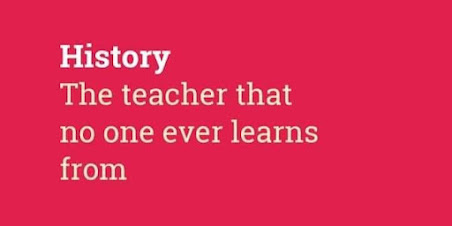Thoughts On: The Less Knowledgeable Are Overconfident, While The More Knowledgeable Can Become Stubborn

I've noticed that when two people with limited knowledge start talking, they often believe they know everything. During their discussions, they think they are the wisest people in the world and that everyone else is wrong. They see themselves as the only ones who are right and consider everyone else foolish. This overconfidence makes them feel superior, even though their understanding is quite shallow. On the other hand, when two intellectuals with a lot of life experiences and knowledge come together for a discussion, it can quickly turn into a heated debate. Each person is convinced that their perspective is correct and is unwilling to accept the other's opinion. This stubbornness to prove themselves right can lead to intense arguments, as both sides strongly defend their viewpoints - haha! It's interesting how people, regardless of their level of knowledge, can become so firm in their beliefs. The less knowledgeable are overconfident, while the more knowledgeable can bec...


